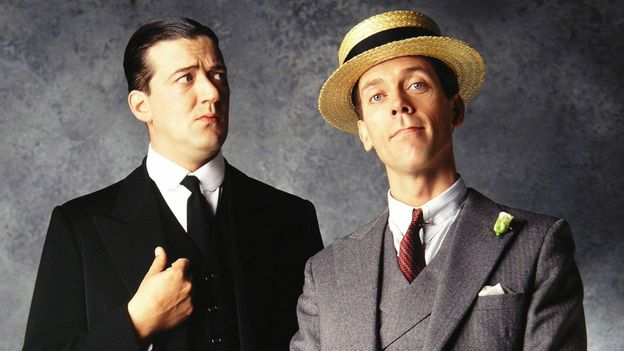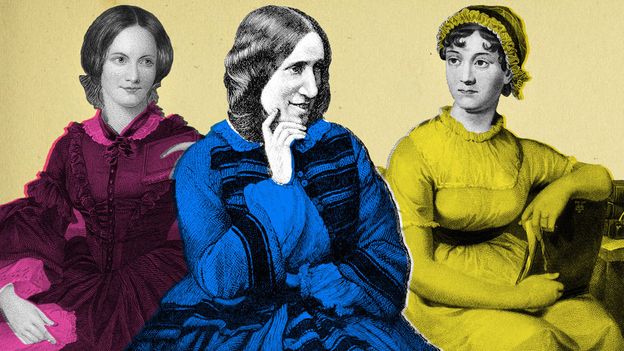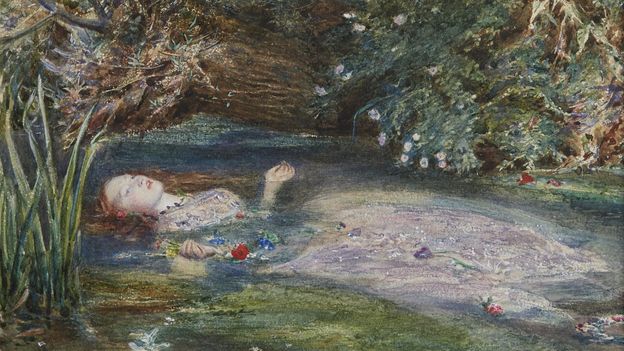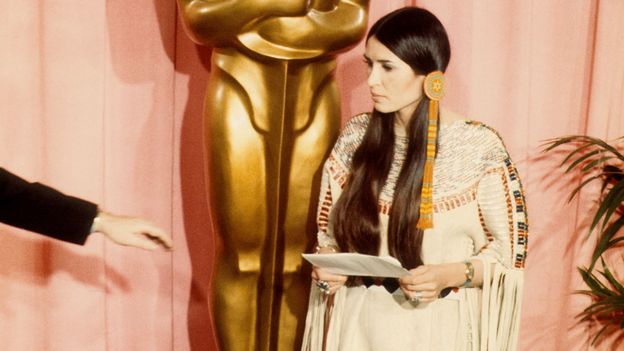My own introduction to this supreme merrymaker came via Jeeves and Wooster, the television series adapted from some of his most beloved stories about a young toff and his unflappable manservant. Hugh Laurie starred as Bertie Wooster, the moneyed bachelor who seemed to care about nothing except food, drink and fashionable socks, but who always came to the aid of the numerous old schoolmates who were even more stupid than he was. Stephen Fry co-starred as Jeeves, who had the brains that his young master lacked. As an undernourished, overworked student, stressed by essays and exams, I was always relieved when I could nip down to the college’s TV room (yes, it was a long time ago) for my weekly escape into a jazz-age wonderland of art-deco flats and panelled gentlemen’s clubs, “tissue-restoring” cocktails and buffet breakfasts served on silver platters.
A crafter of perfect sentences
Nearly three decades on, I’m currently rewatching the DVDs with my daughter, and Jeeves and Wooster is still pretty much flawless. When I interviewed Laurie in 2000, I gushed about the series, and he cited what was, at the time, his favourite Wodehouse line: “The drowsy stillness of the afternoon was shattered by what sounded to his strained senses like GK Chesterton falling on a sheet of tin.”
There are so many other lines he could have gone for. How about this one?
“It is never difficult to distinguish between a Scotsman with a grievance and a ray of sunshine.”
Or this?
“It isn’t often that Aunt Dahlia lets her angry passions rise, but when she does, strong men climb trees and pull them up after them.”
Or this?
“Like so many substantial citizens of America, he had married young and kept on marrying, springing from blonde to blonde like the chamois of the Alps leaping from crag to crag.”
The one that has me chuckling to myself on a regular basis is this Bertie Wooster gem from the novel Right Ho, Jeeves: “‘Very good,” I said coldly. ‘In that case, tinkerty tonk.’ And I meant it to sting.”
We could keep listing zingers like that all day: there were 96 Wodehouse books published in his lifetime, and he was drafting another when he died in 1975 at the age of 93. What these excerpts prove is that, however much we may cherish the bumbling aristocratic characters and their convoluted escapades, what really makes Wodehouse so addictive is the prose: the phrases which appear to float along so effortlessly, but which came about because he would, he said, “write every sentence 10 times”.









